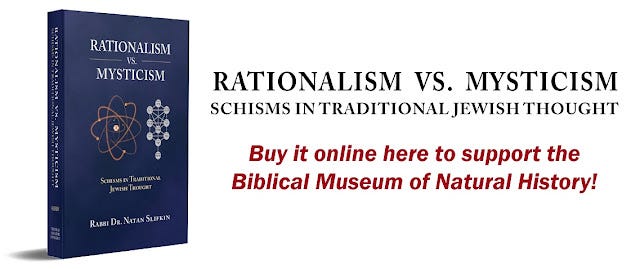On Criticizing Gedolim
Can a regular person criticize a Gadol B'Torah?
There are many people (usually, but surprisingly not always, in the charedi world) who believe that this is utterly inappropriate. However, if we look at the actual sources and practices in traditional Judaism, we see a very different picture.
First of all, it should be noted that some people (especially in the comments section of this blog) use terms like "bash" and "denigrate" when they are referring to statements coming from people that they don't like, whereas they use terms like "criticize" when they are referring to statements coming from people that they do like. For the sake of precision, I am referring only substantive criticism of the content of a person's speech or actions, not to ad hominem personal disparagement such as calling someone a "nobody."
Let's further deal separately with criticizing a Torah opinion, and criticizing conduct.
Criticizing the opinion of a great rabbi can be done by anyone. The only restrictions placed on this are on where it undermines one's personal halachic authority. And as discussed in the chapter "Arguing With God: When May Students Dispute Teachers?" in my book Rationalism vs. Mysticism, even that case is greatly limited in application. Although the Talmud condemns one who disputes one's own teacher, subsequent generations of halachic authorities removed its force greatly by either redefining it altogether, to refer to usurping authority instead of intellectually disagreeing, or by greatly restricting its scope. Rabbi Chaim of Volozhin writes that not only is a student permitted to disagree with his teacher, he is obligated to do so if he cannot accept what the teacher is saying - and he may well be correct.
Rav Moshe Feinstein was once asked by a rabbi in Bnei Brak if he was allowed to dispute the view of the Chazon Ish, widely respected as the Gadol HaDor (Iggrot Moshe, Yoreh De’ah III:88). R. Feinstein notes that it is permitted to disagree even with one’s teacher; all the more so with a rabbi who is not one’s teacher, and the difference in age or stature is irrelevant. (See also Iggrot Moshe vol. 2, Yoreh De’ah I:101, p. 186, where he even permits disputing Rishonim.)
What about criticizing the conduct of a Gadol B'Torah? This is, unsurprisingly, no different than criticizing a Torah opinion. Chazal say explicitly that במקום שיש חילול השם אין חולקין כבוד לרב - in places where God's Name is being desecrated, one does not apportion honor to a rabbi. (And obviously the rabbi himself does not feel that he is desecrating God's Name.) Furthermore, the Gemara (Taanis 20, Eruvin 53) approvingly relates several stories where laypeople criticized various Tannaim and were correct to do so.
Judaism has never believed in infallibility. Great people can make mistakes, and lesser people will sometimes notice that. Chazal further stated that even a Torah scholar can lack wisdom and in some cases be comparable to a "putrid carcass"! Everyone is required to follow their own best understanding of Torah and act accordingly.



